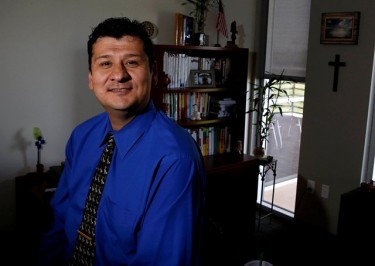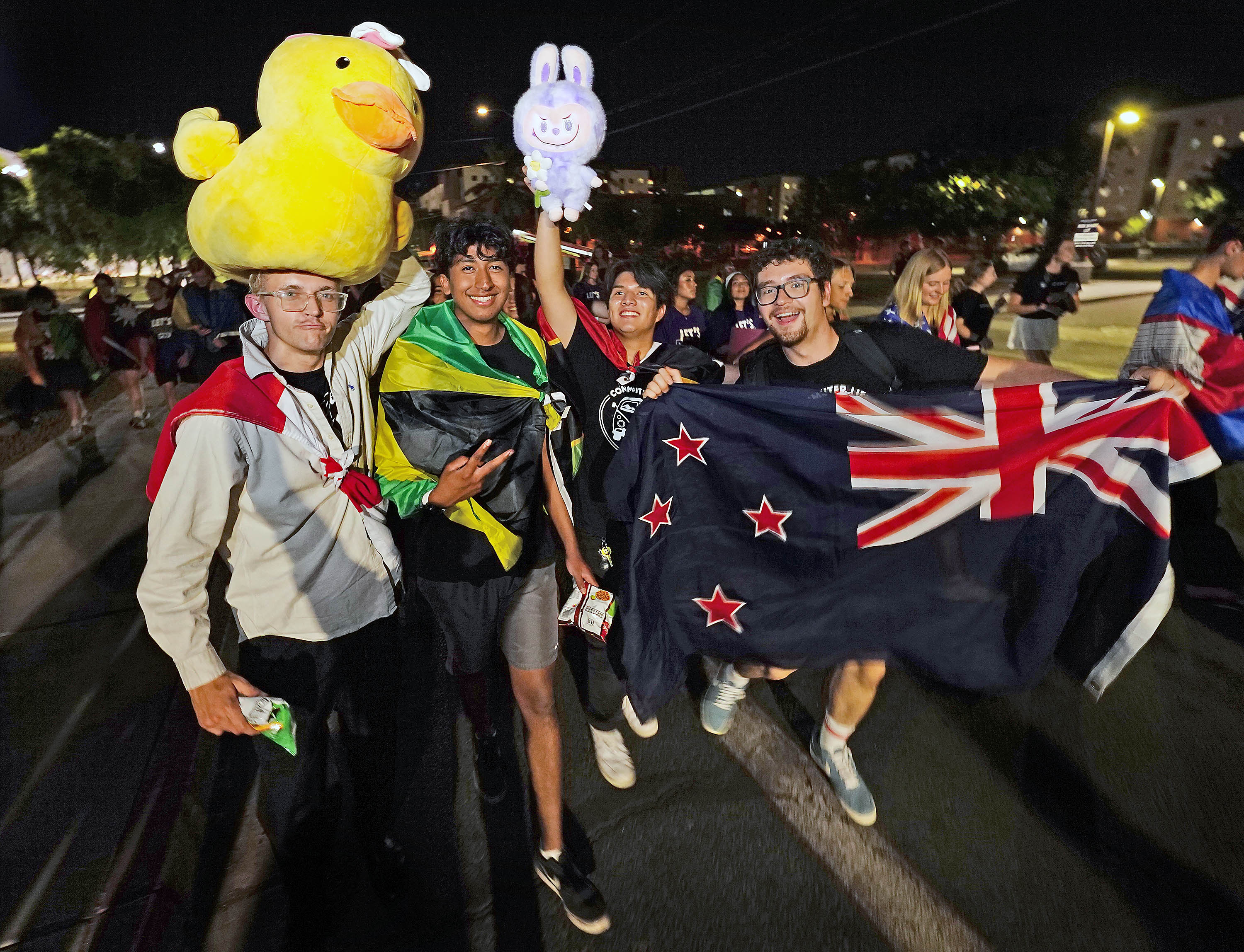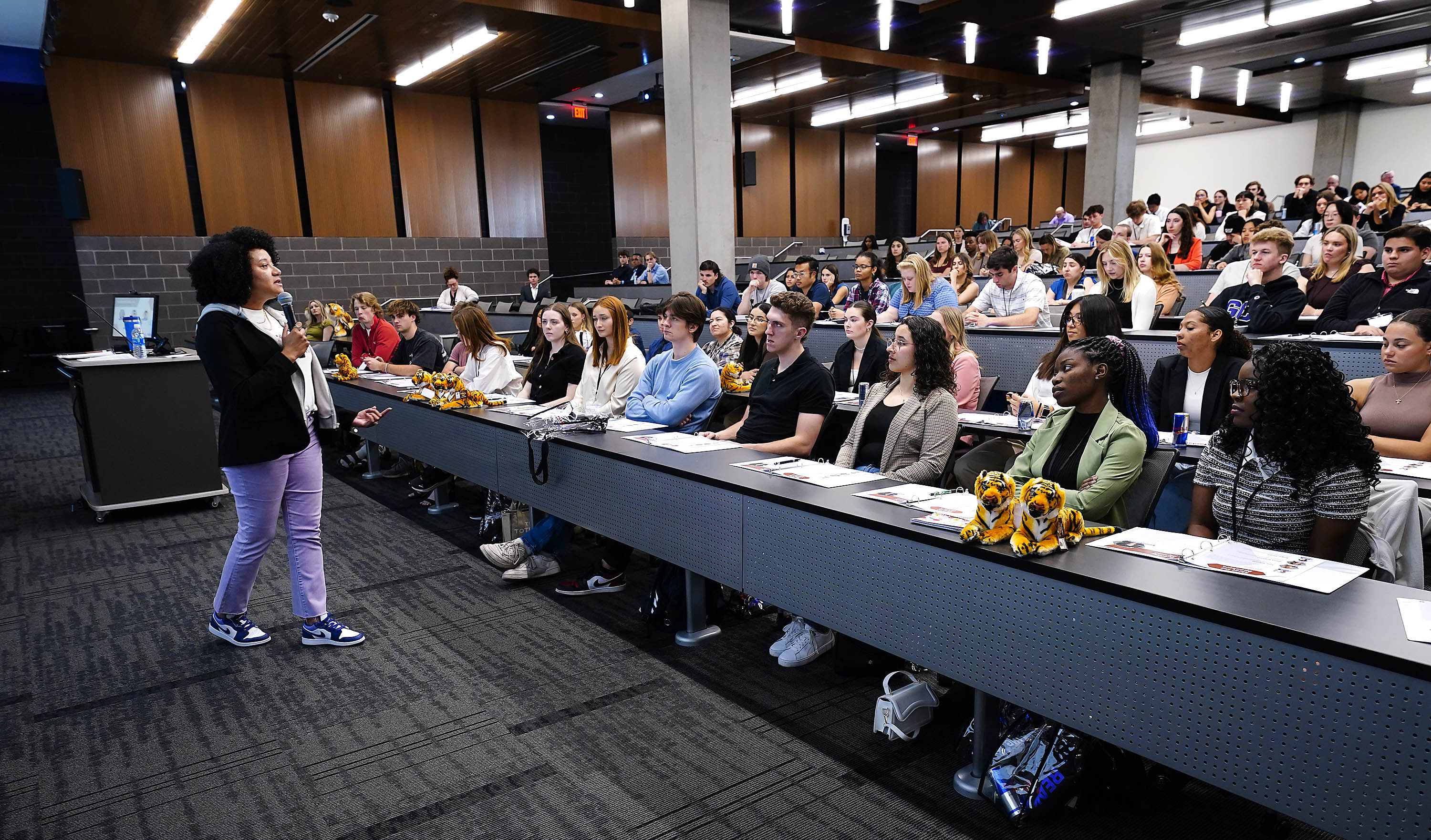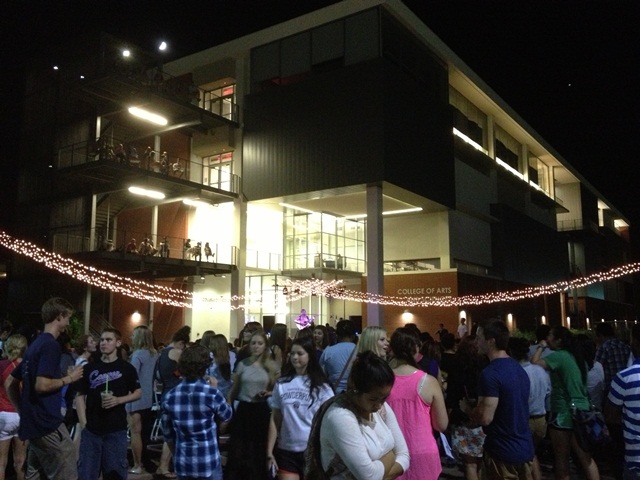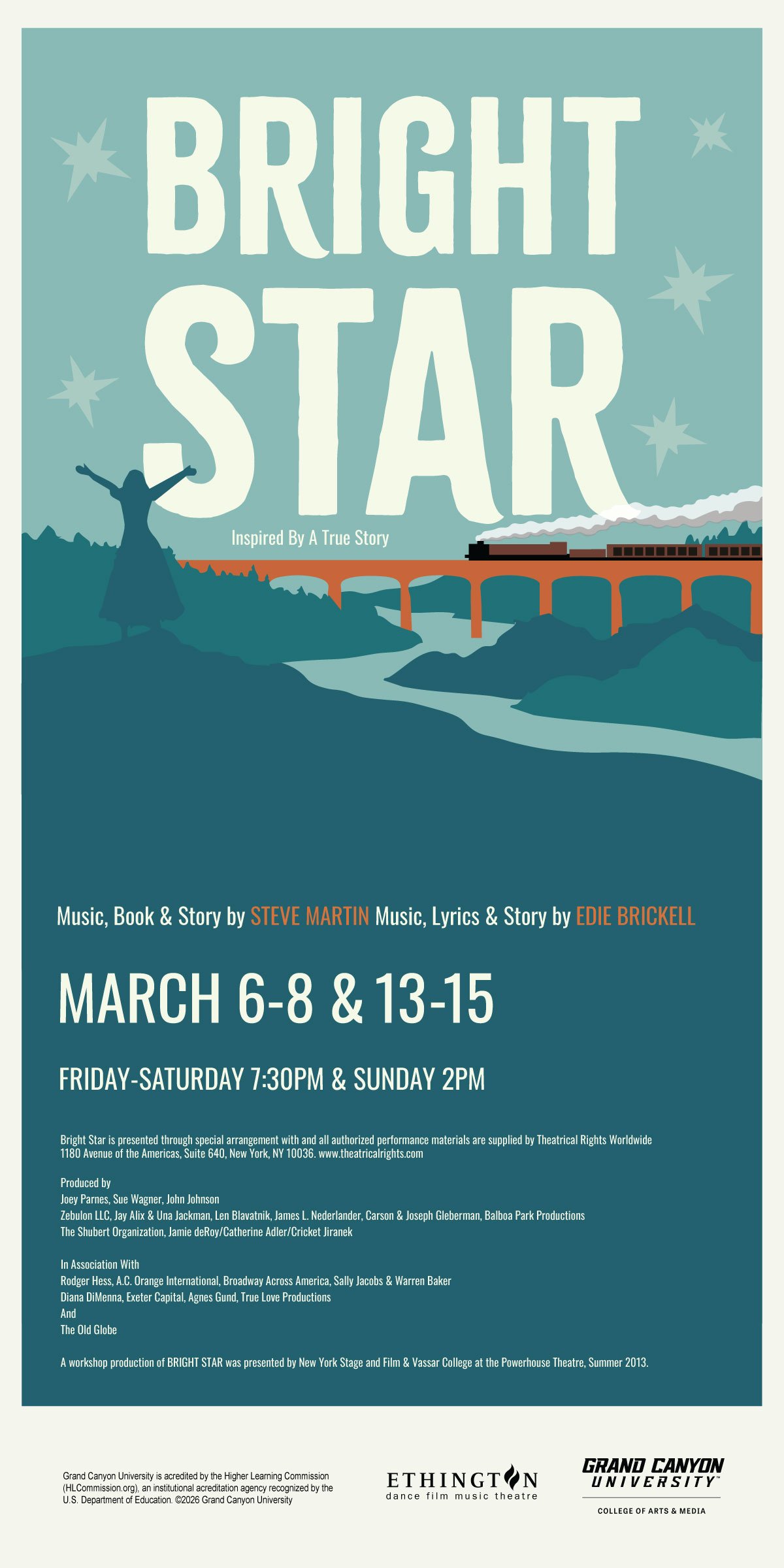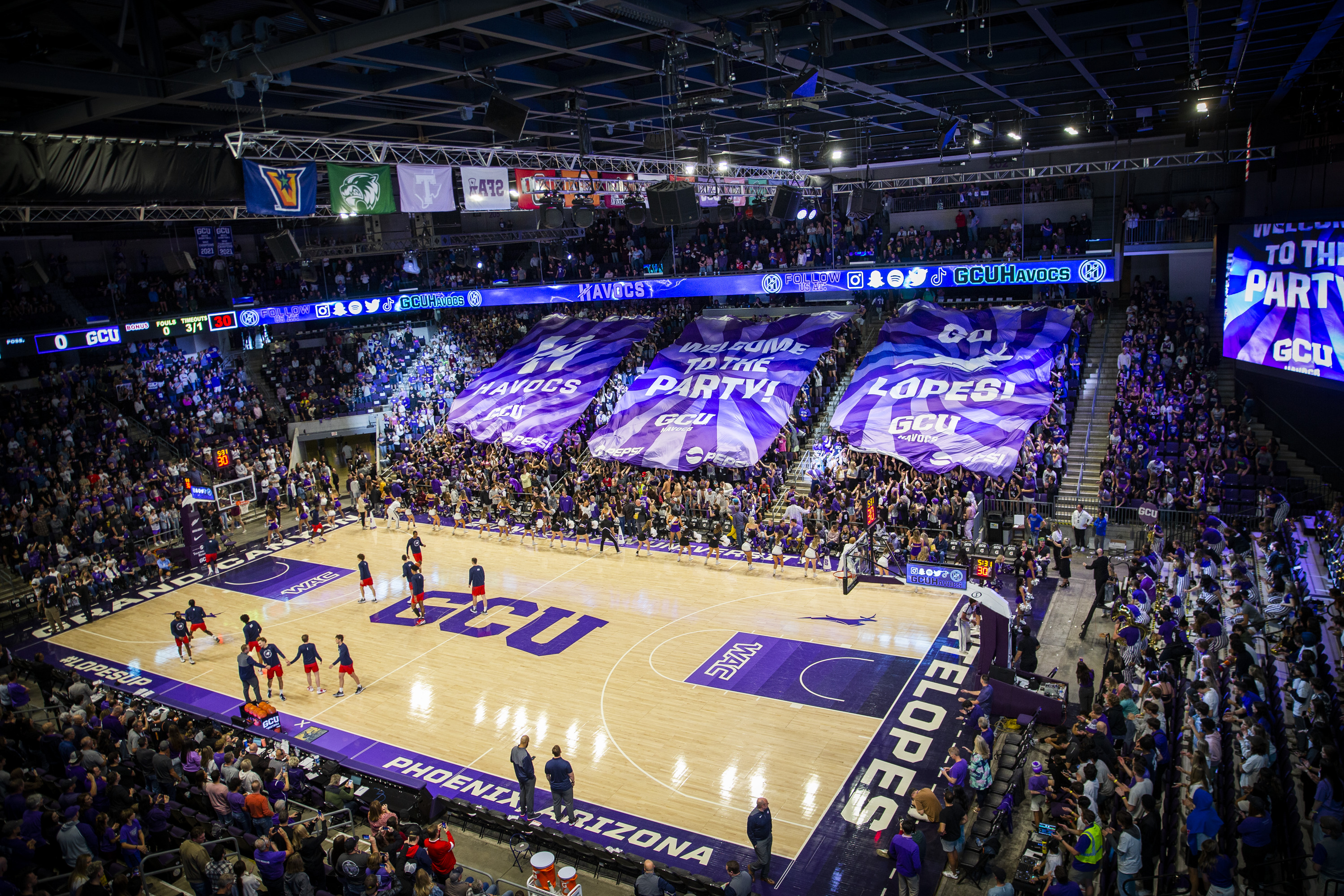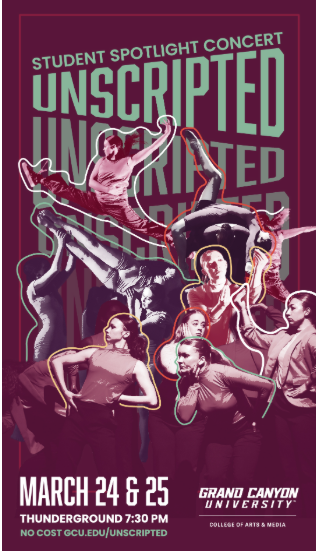By Michael Ferraresi
GCU News Bureau
As a professional counselor who specializes in psychological trauma, Dr. Noé Vargas has seen brokenhearted people mended and made whole.
He also has seen how people suffering from childhood trauma, behavioral issues, addiction and mental illness are unfairly judged in the United States amid a rising national need for qualified psychological support on those issues.
Vargas, who oversees Grand Canyon University’s professional counseling academic programs, said counseling students need to understand how to get beyond those surface assessments of at-risk or mentally ill people to truly connect with individuals and help them manage their emotions to achieve fulfilling lives.
“I’m passionate about my field because I strive to understand human beings beyond their behaviors, to empathize and avoid judgment,” said Vargas, who joined GCU in August.
“I think students need to understand their own lives to understand someone else’s situation,” Vargas said. “At some point, you might be seeking the help you’re providing. So treat others like you’d like a counselor to treat you.”
Through its College of Arts and Sciences, GCU offers master’s degrees in professional counseling and addiction counseling. The University also recently updated the curriculum for its bachelor’s degree program in counseling with an emphasis in addiction, chemical dependency and substance abuse.
Also, under Vargas’ leadership, GCU began offering two master’s degrees in Christian counseling in April — adding an option for students who want to work in organizations that stress faith integration for healing. In many organizations, Vargas said, counselors must refrain from imposing their personal religious beliefs on clients.
Mental health counseling jobs are expected to grow by nearly 30 percent over several years, according to the U.S. Bureau of Labor Statistics. On May 1, President Obama announced that this month would be recognized as National Mental Health Awareness Month because of the resounding need for the country to promote “mental health awareness and continue helping Americans live longer, healthier lives.”
GCU’s counseling programs include nearly 3,500 students on its campus and around the country in online programs. Vargas said he hopes GCU’s program will continue to evolve to include a stronger emphasis on trauma counseling, marriage therapy and other niche areas to address societal needs.
“I want these programs to be well-known in the community,” he said.
Vargas replaced the former GCU professional counseling and addiction studies program director, Dr. Kirk Bowden, who helped the University launch its initial academic program in 2006 through a partnership with Rio Salado Community College in Phoenix.
Bowden served as chair for the Arizona Board of Behavioral Health Examiners and in leadership roles with national behavioral health organizations, although his busy calendar left him working in a part-time role at GCU. But the University needed a full-time director to keep pace with growth.
Vargas earned his doctorate in behavioral health from Arizona State University last year after working for several years as a counselor, clinical program manager and college teacher. Before joining GCU, he served as a clinical supervisor of outpatient therapists at a northwest Phoenix behavioral health agency.
Growing up in Mexico, Vargas said he was a minority in his hometown near the Pacific coastal city of Tepic: His grandfather was an evangelical Christian minister in a predominantly Catholic country. Vargas said he recalled feeling like an outsider at times, which is partly why he urges compassion over prejudgment in counseling professions.
As a counselor, Vargas also worked for Catholic Charities. He worked with refugee children, including Latin American immigrant children who came to the United States unaccompanied by family or guardians — a situation that often leads to deep psychological trauma.
At GCU, Vargas is constantly reviewing revisions to laws and standards in Arizona and throughout the U.S. to ensure that the curriculum prepares students to meet the requirements to work as professional counselors.
For example, Vargas is currently reviewing the recently released fifth edition of Diagnostic and Statistical Manual for Mental Disorders, or “DSM-5,” to make sure the words and terms match what GCU includes in its coursework.
Denise Krupp, an adjunct counseling instructor who also serves as manager of GCU’s Office of Field Experience, said the University helps to place students at nearly 130 practicum sites around Arizona as part of their counseling program requirements. Those sites include faith-based recovery centers, counseling programs for families and programs that treat severe chemical dependency.
Krupp, who served as a clinical counselor for years before crossing over into education, said GCU aims to prepare students to treat “co-occurring” mental health and addiction — a trend in modern behavioral health.
She characterized the bachelor’s program led by longtime full-time professor Ellen Roy-Day as a “perfect springboard” into graduate counseling studies. While many master’s-level professional counseling students come from the theoretically heavy fields of psychology and sociology, the GCU bachelor’s program is designed to give students specific courses that will prepare them for that transition.
Krupp said she studied psych as an undergrad but learned everything she needed to learn about counseling at the master’s level at University of Arizona.
She added that many of her bachelor’s students today have a stronger sense of what they want to do with their careers, and are ready to begin studying practical counseling coursework earlier in college.
“I think it’s a field that you don’t really choose, you’re sort of chosen,” Krupp said. “God just puts that desire in your heart and asks you to step up. I think a lot of students agree with that. No matter what’s happened in their lives, they feel this is just where their job is.”
Contact Michael Ferraresi at 602.639.7030 or [email protected].

